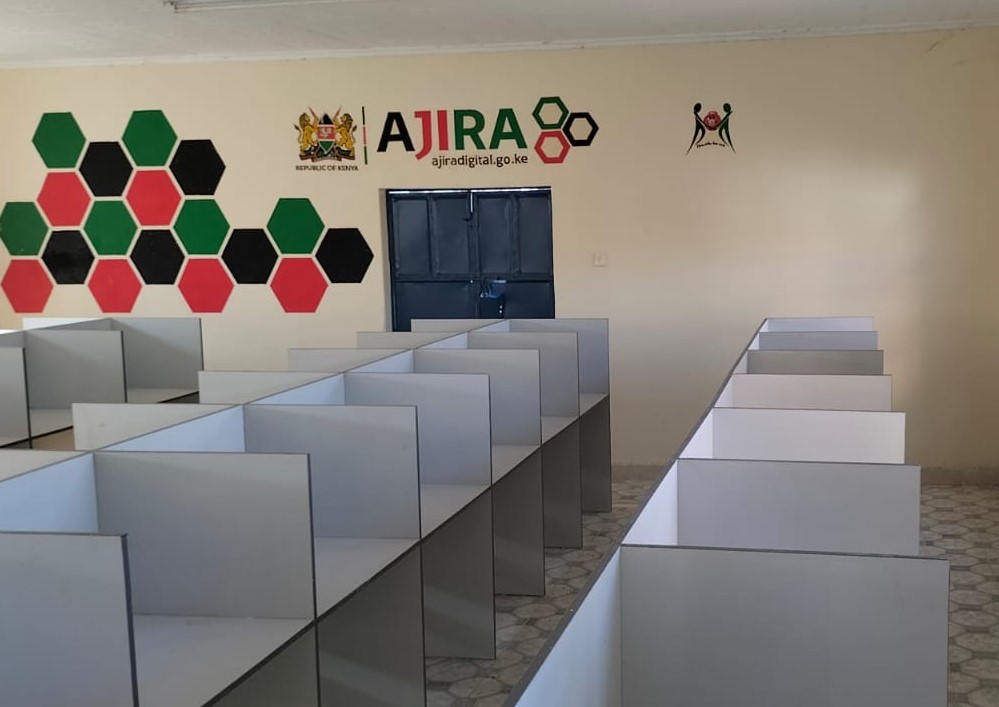Kenya’s gig economy experiencing explosive growth, but digital rights risks persist - BAKE

The report, by Bloggers Association of Kenya (BAKE), reveals that the country has witnessed an exponential rise in content moderators, content creators and gig workers over the past five years to 2024.
Kenya's digital gig economy is experiencing explosive growth, a new state of the internet survey has shown.
The report, by Bloggers Association of Kenya (BAKE), reveals that the country has witnessed an exponential rise in content moderators, content creators and gig workers over the past five years to 2024.
More To Read
- Lamu court sends strong message on defamatory online posts after blogger's conviction
- Blogger Maverick Aoko's cybercrime case: Court sets July 7 for prosecution ruling
- Software developer Rose Njeri not yet off the hook as DPP set to appeal ruling
- ODM leaders, activists demand repeal of Cybercrimes Act over extrajudicial killings, disappearances
- Ruto’s government made 35 Meta data requests in 2024, targeting 55 accounts
- ODPP yet to charge teacher allegedly impersonating President William Ruto on X
It largely attributes the rise to increasing unemployment rates in the formal sector.
Additionally, it pegs the rise to improved internet penetration, lucrative monetisation options on social media, and the growing support for Business Process Outsourcing (BPO) jobs.
The country’s early adoption of digital tools and its appeal to international tech companies have only accelerated this trend, according to the report.
However, as the sector booms, the Association warns of outdated laws and weak protections that risk leaving these workers exposed to exploitation, legal uncertainty and digital rights violations.
“While Kenya has solidified its status as a regional tech leader, its digital progress is being undermined by serious challenges to digital rights,” BAKE says.
It explains that between 2020 and 2024, the country’s digital landscape experienced a period of remarkable transformation, solidifying its position as a regional ICT leader, boasting expanded connectivity, a thriving digital economy, and a blossoming ecosystem of startups and online content creators.
“However, this progress was not without its drawbacks. The period was also marked by a worrying increase in government overreach, surveillance, and censorship, posing a direct threat to the digital rights and freedoms of Kenyans.”
Notably, the report reiterates that Kenya’s regulatory environment has not kept pace with the rapid transformation affecting content creators, gig workers, and content moderators, leaving significant gaps in their protection.
It, for instance, says the country’s employment framework, particularly the Employment Act of 2007, was designed for traditional employer–employee relationships and does not adequately address the unique dynamics of gig work or digital content creation.
As a result, gig workers and content creators are typically classified as independent contractors rather than employees, excluding them from many fundamental labour protections such as minimum wage, paid leave, and safeguards against unfair termination, the report reads.
Beyond labour law, BAKE highlights other regulatory frameworks that impact Kenyan content creators and gig workers.
These include the Kenya Information and Communications Act (1998) that governs the communications sector under the Communications Authority of Kenya and intersects with the Films and Stage Plays Act (Cap. 222), enforced by the Kenya Film Classification Board (KFCB).
Others are the Computer Misuse and Cybercrimes Act (2018) and the intellectual property rights overseen by the Kenya Copyright Board and the proposed Intellectual Property Office of Kenya (IPOK).
“The Computer Misuse and Cybercrimes Act (2018), although primarily aimed at curbing cybercrime, has been widely applied against content creators, many of whom have faced arrest under its provisions,” the report adds in part.
“Proposed online content regulation policies also seek to curb harmful content but risk imposing heavy compliance burdens and restricting freedom of expression.”
Generally, the association reckons that the country’s legal landscape remains fragmented and, at times, punitive.
Nevertheless, it adds that several of the laws are not only insufficient in safeguarding gig workers’ rights but have also been misused to harass, silence, or criminalise them, underscoring the urgent need for comprehensive reforms that reflect the realities of the digital economy.
Top Stories Today













































